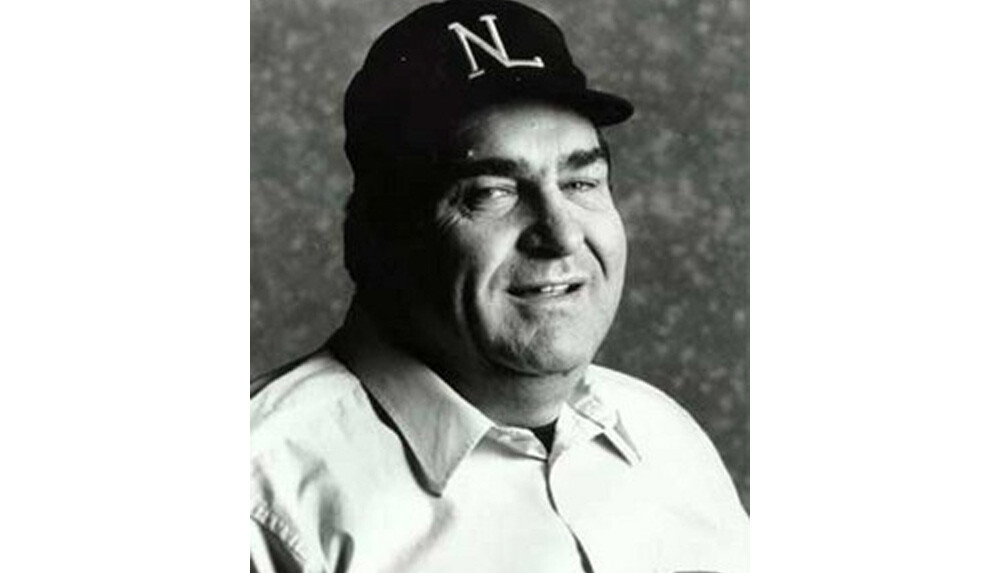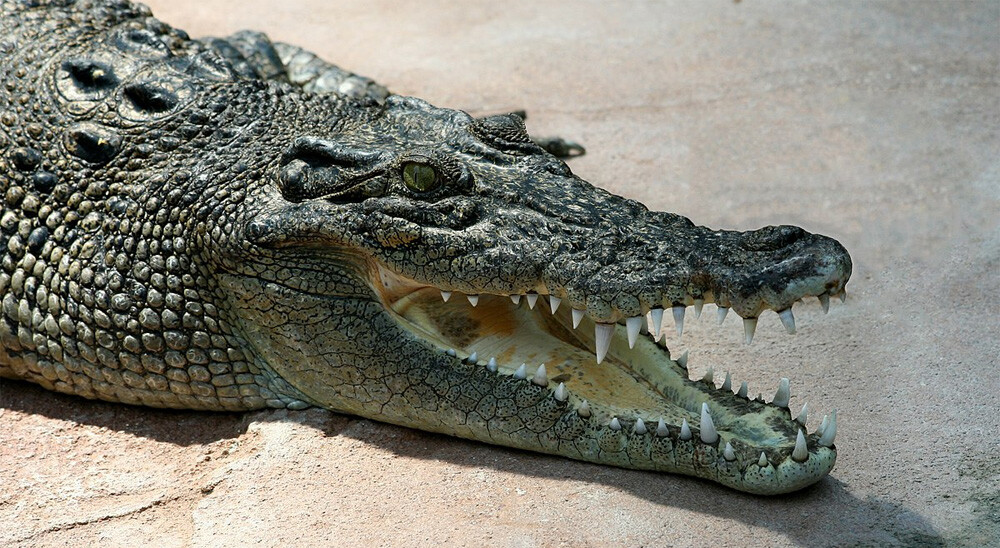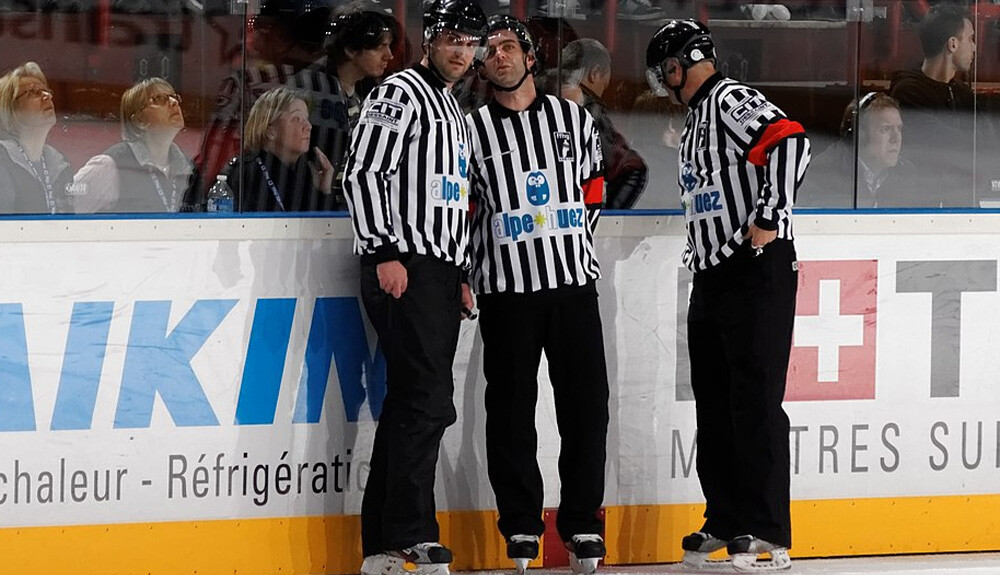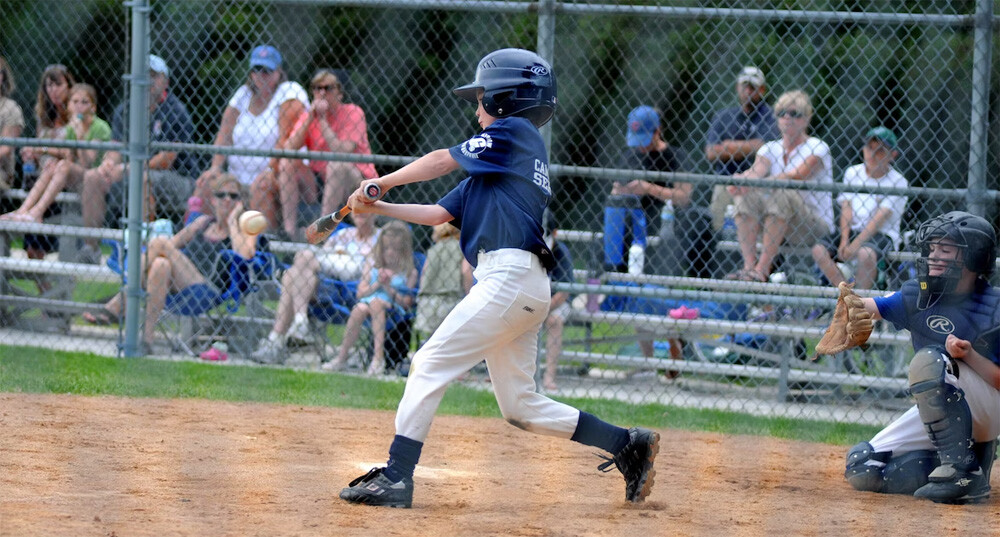5 Sports Rules Designed for the Unlikeliest of Circumstances

All sports have long rulebooks covering various aspects of gameplay, from scoring to obscure fouls to what type of feathers are stuffed inside the Pritz. But what happens if, say, a player dies on the field in the middle of a football game? The rules offer no provision for that. When one player did in fact die at a 1971 game, play had to resume.
Perhaps it makes sense that the people who wrote the rules never considered that contingency. That’s why it’s so surprising that they did consider the following…
What Happens If the Umpire Gets Too Overweight?
Don't Miss
Like we just said, an NFL player died on the field in 1971, an event the rules didn’t consider but that wasn’t exactly unforeseeable. If you look past pro football and toward college and high school, quite a few players die playing every year. The game pushes you to your limit. In 1996, however, someone died on the field at a baseball game in Cincinnati, and it wasn’t a player. It was the umpire, John McSherry. He collapsed from a heart attack in the middle of making a call.

via Wiki Commons
Nothing governing how the game is played could have saved McSherry. The man didn’t die because of how baseball works; he died because of his own cardiovascular health. Still, Major League Baseball decided to step in. McSherry had weighed nearly 330 pounds. They now passed a rule saying that no umpire may weigh over 300 pounds.
They’ve enforced that rule, too. Umpire Eric Gregg shed some pounds in response to McSherry’s death, but he still ran afoul of the weight limit. The league fined him $5,000 in 1999. This unfortunately did not immediately improve his health. He resigned that season, and he ended up dying from a stroke at the age of 55.
What If the Ball Lands Near an Animal With Large Teeth?
If you think golf is the most boring game ever, that’s because you’ve yet to play and get attacked by a mongoose. Or a baboon or a gator, which is always possible since you’re chilling on an open green rather than a stadium surrounded by walls on all sides. Case in point: In 2014, one golfer intent on retrieving a ball found himself in a fight with a crocodile and died.

When an animal picks up your stationary ball and leaves, golf has a simple prescription: You set down a new ball where the original ball lay. What if the ball is in motion when the animal shifts its trajectory? Then, you have to play the ball from wherever it ends up, which is why many a golfer has hatched a secret partnership with a well-trained squirrel.
But what if your ball merely ends up near, or touching, a venomous or big-toothed beast, without the animal moving it? In this situation, you’re supposed to lay a new ball down one club-length away from the original ball, in some direction so that the new spot is no closer to the hole than the old one. This offers you some level of relief, but it remains to be seen whether a single club-length is a large enough distance to save you from your fate as a crocodile’s lunch.
What If No One Shows Up to Ref the Game?
In hockey, there are two referees and two additional officials, the linesmen. The refs are the ones who call goals and penalties. Linesmen have other duties, like making sure everyone doesn’t just knock the puck from one end clear to the other (which could make the game too boring) and stopping fights from progressing past the preliminary tooth-breaking stage (which could make the game too interesting).

One January night in 1983, when the New Jersey Devils were going to play a game in Hartford, a snowstorm struck. One ref and one linesman — both men named Ron — got stuck in the snow and never made it to the rink. That left the game with just two officials, one of whom was also a man named Ron, which meant they were two officials short. Rather than call the game off on account of weather, they took an option that NHL rules allowed them. They let the teams ref themselves.
Yes, Mickey Volcan from the Hartford Whalers and Garry Howatt from the Devils both stepped up to officiate the game. The guys weren’t exactly going into this as impartial observers. Complicating matters further, Howatt had played for the Whalers the very previous year, so he had allegiances to both teams. Still, they appear to have done a fine job. At one point, Volcan even kicked one of his own teammates off the ice. It was a man named Ron.
What If One Player Runs Seven Different Events?
You might think that competitive sports are all about determining who’s the best athlete. They really aren’t. If they were, they’d all consist of people in labs getting evaluated by scientists, who publish the boring results in papers no one reads. No, sports are about people competing against one another for the purpose of giving us a good show. And when we’re talking kids’ sports, they’re about just letting kids play — because really, who cares which of them is the best?

In 1961, Jacksonville high schooler Ken Norton ran track. At one meet, he entered eight different events. He did so well, it ruined the meet; he placed first in seven of the eight events. So, they put in a new rule: From that point on, no player could ever compete in more than four events.
We remember the Ken Norton Rule today because young Ken went on to great renown — not as a professional track star but as heavyweight champion boxer Ken Norton. His high school career evidently didn’t instill in him a love of running, but the attempts to hobble him did give him the urge to punch someone.
What If a Player Dunks in the 20 Minutes Before the Game?
In any sport, a live ball is a ball that’s in play, while a dead ball is one that’s not. You’re not supposed to handle a dead ball, and in basketball, one specific rule penalizes players who take a dead ball and try to dunk. The rule covers the game itself, the intermission, and even (for completeness’s sake, we guess), the time before the game.
Refs have domain over the court 20 minutes before the scheduled start time. This means that a player will get a technical foul for dunking during those 20 minutes, just when warming up.

The idea that someone dunking for fun before the game has begun should cost them a win is absurd, but it actually happened. In 2014, Kansas State player Brian Rohleder dunked 19 minutes and 58 seconds before the game began. As a result, the refs gave his team a technical foul, which meant the opposing team (the University of Kentucky) received two free throws. When the game started, the score was 2-0, with Kentucky ahead.
The game’s final score? 82 to 80. Kentucky won.
Follow Ryan Menezes on Twitter for more stuff no one should see.